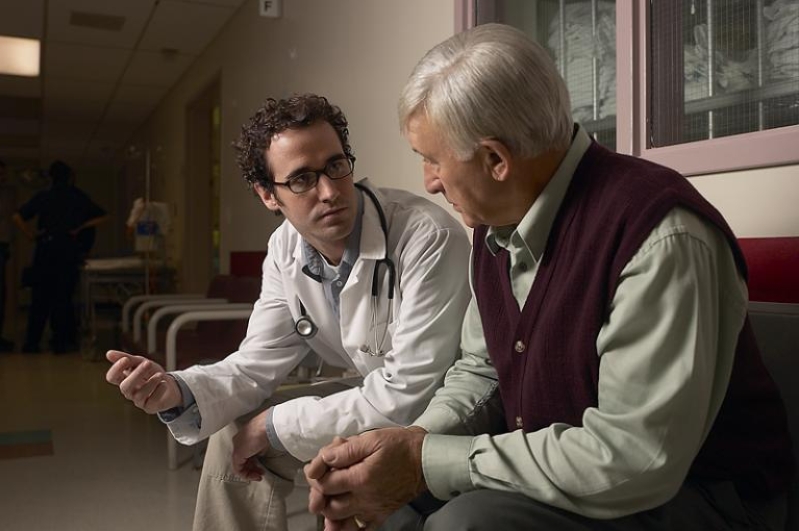
New treatments for Alzheimer's disease could now be underway after a team of scientists found how the brain condition ruins the connections between brain cells. They also said the findings are a breakthrough in understanding the disease. New treatments for Alzheimer's disease could now be underway after a team of scientists found how the brain condition ruins the connections between brain cells.
One of the first signs of Alzheimer's disease is the loss of brain synapses. These connections of neurons decrease when a person has Alzheimer's disease. Moreover, these brain connections are required for learning and forming memories.
Even if a patient has an only mild cognitive impairment, these synapses collapse long before the nerve cells die.
In the latest study, researchers have identified a new molecular mechanism that directly contributes to the degradation of synapses. This major feat in the study about Alzheimer's could lead to earlier diagnosis of the disease and new treatments, said Vladimir Sytnyk, lead author of the study from University of New South Wales.
Sytnyk and his colleagues examined a protein in the brain cell called neural cell adhesion molecule 2, or NCAM2. They found that this protein is located in the hippocampus and patients with Alzheimer's disease have lower NCAM2 levels.
"Our research shows the loss of synapses is linked to the loss of NCAM2 as a result of the toxic effects of beta-amyloid," Sytnyk explained. "It opens up a new avenue for research on possible treatments that can prevent the destruction of NCAM2 in the brain."
The research appeared in the journal Nature Communications.
Dr. Alois Alzheimer discovered Alzheimer's disease in 1906. He found that when he is observing changes in the tissue of a woman who died of an odd mental illness.
The most common symptoms of the disease are memory loss and unpredictable behavior.
As of now, there is no known cure for Alzheimer's disease, but there are medicines that can treat symptoms of the disease. Medicines for the disease work best for people in the mild or moderate stages of the disease.
Other medications could help patients with their behavioral symptoms, such as trouble sleeping or feeling worried or depressed. All of these treatments may not work for everyone and may have side effects.
For people with mild to moderate Alzheimer's, donepezil (Aricept®), rivastigmine (Exelon®), or galantamine (Razadyne®) may help.
In addition, caregivers can help to ease the difficulties of patients. Taking care of the person with Alzheimer's makes caregivers feel good because they are providing love and comfort.
Estimates show there are 5.3 million Americans with Alzheimer's; 5.1 million people are age 65 and older. Moreover, approximate two-thirds of Americans with Alzheimer's are women.
Alzheimer's is the only disease among the top 10 causes of death in America that cannot be prevented, cured or even slowed.







